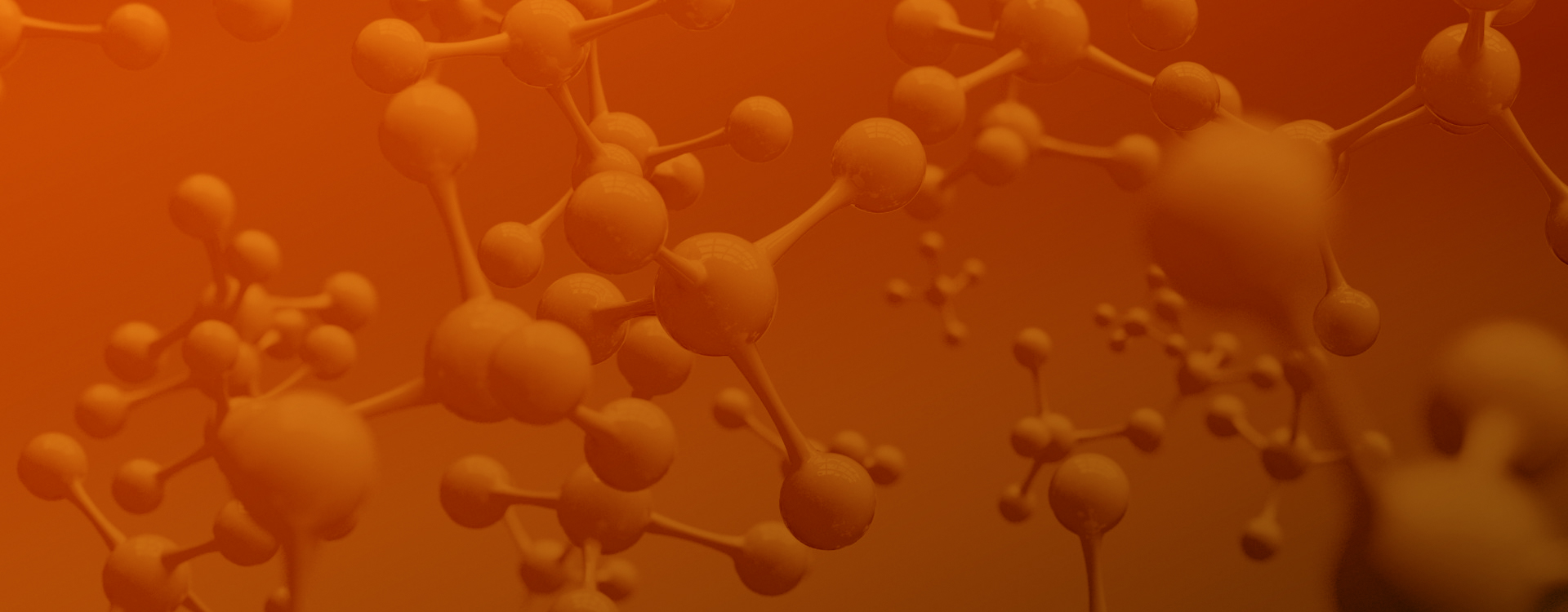
Quantitative Analysis of Plant Hormones
Quantitative Analysis of Energy Metabolism
Quantitative Analysis of Short-Chain Fatty Acids
Quantitative Analysis of Fatty Acids
Quantitative Analysis of Bile Acids
uantitative Analysis of Trimethylamine Oxide and Related Metabolites
Quantitative Analysis of Amino Acids
Quantitative Analysis of Neurotransmitters
Quantitative Analysis of Organic Acids
Quantitative Analysis of Flavonoids
Quantitative Analysis of Carbohydrates
Quantitative Analysis of Plant Hormones
Quantitative Analysis of Carotenoids
Quantitative Analysis of Tannins
Quantitative Analysis of Phenolic Acids
Quantitative Analysis of Anthocyanins
Plant hormones are also called plant natural hormones or plant endogenous hormones. Organic compounds produced by plants in minute amounts that regulate (promote or inhibit) their own physiological processes.
Journal: New Phytologist Impact factor: 8.512 Published date: 2020 Published by: Czech Academy of Sciences
The diversity of cytokinin (CK) metabolites suggests their interconversions are the predominant regulatory mechanism of CK action. Nevertheless, little is known about their directionality and kinetics in planta.
CK metabolite levels were measured in 2-wk-old Arabidopsis thaliana plants at several time points up to 100 min following exogenous application of selected CKs. The data were then evaluated qualitatively and by mathematical modeling. Apart from elevated levels of trans-zeatin (tZ) metabolites upon application of N6-(Δ2-isopentenyl)adenine (iP), we observed no conversions between the individual CK-types – iP, tZ, dihydrozeatin (DHZ) and cis-zeatin (cZ). In particular, there was no sign of isomerization between tZ and cZ families. Also, no increase of DHZ-type CKs was observed after application of tZ, suggesting low baseline activity of zeatin reductase. Among N-glucosides, those of iP were not converted back to iP while tZ N-glucosides were cleaved to tZ bases, thus affecting the whole metabolic spectrum.
We present the first large-scale study of short-term CK metabolism kinetics and show that tZ N7- and N9-glucosides are metabolized in vivo.
 Diagram of cytokinin (CK) transformation in Arabidopsis thaliana
Diagram of cytokinin (CK) transformation in Arabidopsis thaliana After iP, tZ, DHZ and Cz treatment, the mutual transformation of cytokinin (CK) group was redundant
After iP, tZ, DHZ and Cz treatment, the mutual transformation of cytokinin (CK) group was redundant In 14d old Arabidopsis seedlings, n-glycosides of iP and tZ were transformed into cytokinin bases at different rates
In 14d old Arabidopsis seedlings, n-glycosides of iP and tZ were transformed into cytokinin bases at different ratesStudies show that N-glycosylation inactivates CKs irreversibly .
Hoš ek Petr,Hoyerová Klára,Kiran Nagavalli S et al. Distinct metabolism of N-glucosides of isopentenyladenine and trans-zeatin determines cytokinin metabolic spectrum in Arabidopsis.[J] .New Phytol., 2020, 225: 2423-2438
 © Copyright 2015-2022 Suzhou PANOMIX Biomedical Tech Co.,Ltd
© Copyright 2015-2022 Suzhou PANOMIX Biomedical Tech Co.,Ltd